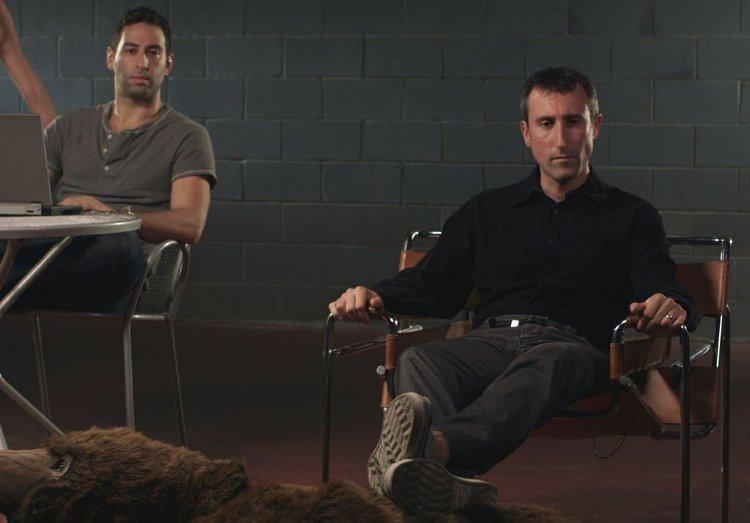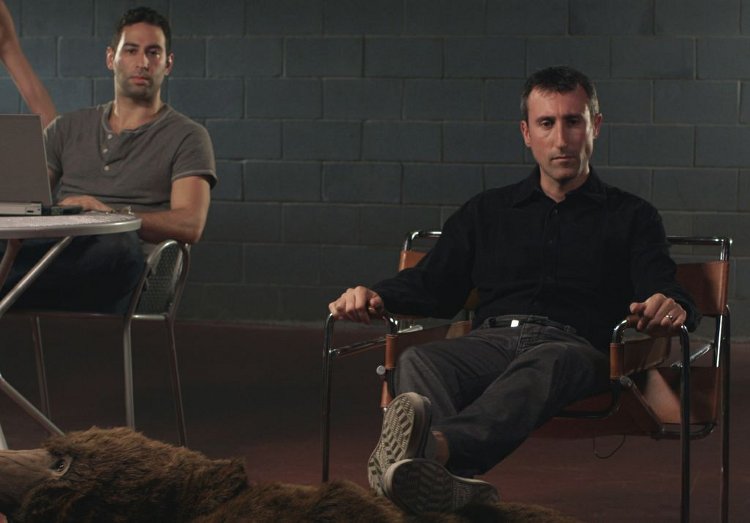At any social gathering—whether of friends or family—there’s a question heard all too often, yet feared by all people technically minded, “Can you fix my computer?”
Of course, it’s not really their fault. Computers come preloaded with software that harasses users with pop-ups to purchase full versions. Unnecessary software running in the background on many computers does little more than slow everything down. Add hackers and aggressive online advertisers to the mix, who try grabbing your wallet at every turn, and soon your computer is so slow or so filled with ads and infections that it’s nearly unusable.
David Endler and Pedram Amini saw this problem. The two have been close friends for more than a decade, and to tread their own paths through the digital landscape, they decided to quit their day jobs as security research managers in HP’s TippingPoint division.
A few weeks after quitting their jobs, they were in a state of creative unemployment when inspiration hit. They began brainstorming, bouncing ideas off one another, “and during that process it occurred to us that we knew a lot of people with PC frustration, and that their frustration frequently translated into our frustration when they reached out for help,” Amini said, via email. “It was a problem we were excited to solve and after researching the space, we felt there was a large gap that we could fill.”
They didn’t want to just create new software for cleaning computers though, and even less did they want to create anti-virus software. Rather, what they made are various USB drives and software, each designed after different animated characters, or “minions,” they created to represent various tasks. Each drive includes all of the minions.
A small ninja-shaped minion seeks out and destroys malware, one dressed as a detective protects users identities and guards them from snooping, another dressed as a mechanic fixes up Windows to make it faster and more secure. They currently have 10 of these characters, with others on the way.
“The vision is this: everything a technical person normally does for his friends and family, we want to automate,” Amini said. “Human cognition is far too valuable to be wasted on such tedium.”
“When we add new features, a new minion will be introduced explaining what he or she (or ‘it’ in some cases) is capable of doing,” he said. “In this way users can get a familiar and personal feel from the final report as they see a few of them.”
The approach of using characters to represent their purposes isn’t just about having a cartoon USB drive that wears a top hat and monocle. Amini and Endler are trying to reimagine maintenance software in a way that anyone can use and understand—getting rid of the usual software updates and versions, getting rid of complex menus, and replacing all of this with a simple plug-and-play interface and Web-based systems that let the drives learn and adapt as they work.
“A decision we made early on when designing Jumpshot was to break away from the current expectations of software as much as possible,” Amini said.
The technical parts run in the background. The drives “sedate” the computer before they start, and let the user browse the Web privately while the software gets to work. This makes it possible to remove different types of malware and fix parts that can’t be touched while the computer is running on all engines.
The Jumpshot drives also work both locally on the computer, and on a Web-based server through Amazon Web Services (AWS), which lets the drives learn from each other. “This allows the software to immediately apply technical information it learns from one scan, to another that may even be occurring simultaneously,” Amini said. “This split architecture and the scalability offered to us through AWS allow us to make this a reality.”
The software will be available this fall. Endler and Amini posted Jumpshot to online fundraising website Kickstarter, and exceeded their funding goal of $25,000 within the first few days—with 53 days still to go, they’ve raised nearly $60,000 from more than 1,100 people. http://ept.ms/MrtO15
Amini said, “Dave and I were both quite nervous coming up to the Kickstarter launch. After spending two years in a coding cave you start to second guess all the assumptions you made about what people will find interesting or funny. Fortunately we’ve been lucky so far and are really excited about the response.”







